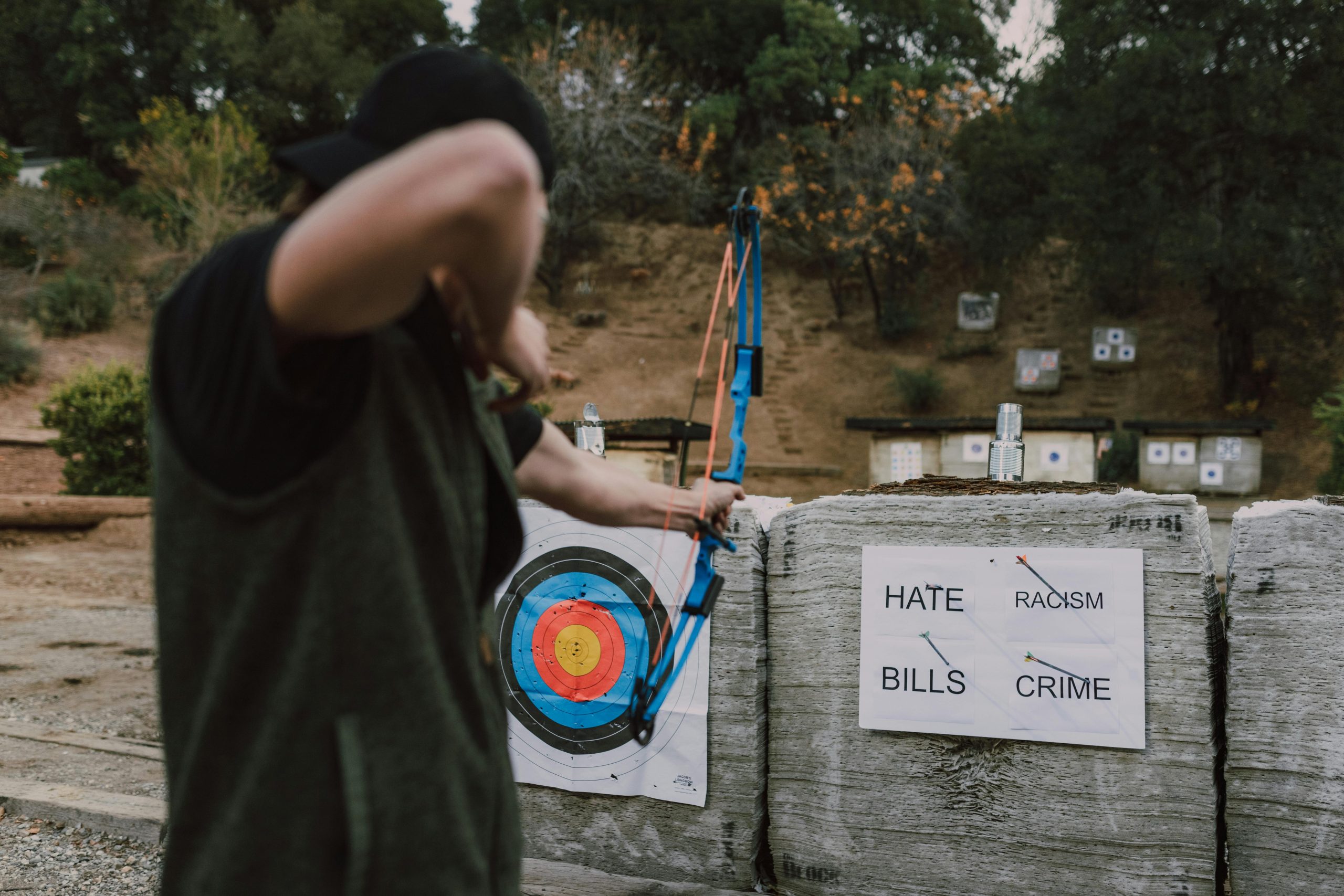Navigating an Accident with an Unlicensed and Uninsured Driver: What to Do Next
Being involved in a car accident is never an easy situation to navigate, especially when the other party is unlicensed, uninsured, and insisting on a private settlement. Recently, a reader shared their experience of being rear-ended in such circumstances and raised important questions for anyone finding themselves in a similar predicament.
The Incident
Last Saturday, the reader experienced a minor accident, which resulted in a scratched rear bumper panel. Despite the minimal damage, the anxiety of dealing with an unlicensed driver loomed large. The other driver, lacking valid identification, proposed to settle the matter privately, thus avoiding any insurance claims.
Evidence at Hand
Fortunately, the reader had the foresight to capture crucial evidence at the scene:
- Video footage of the incident, including the license plate number as well as the faces of the driver and their passenger.
- Photographs of the damage sustained by their vehicle.
- The phone number of the other driver, along with identification details of the passenger.
However, with body shops closed for the day, the reader faced a delay in obtaining a damage estimate to present to the other driver.
Key Considerations
Given this complex scenario, here are some vital questions the reader posed, along with essential considerations for handling similar situations:
1. Claim Deadlines and Reporting to Insurance
The reader wondered whether there are deadlines to submit a claim, specifically needing to know if they could notify their insurance company, GEICO, about the incident while exploring a private settlement. It’s crucial to contact your insurance provider as soon as possible to report the accident. You can inform them of your intention to potentially settle privately, ensuring that any necessary claims process is not compromised.
2. Collision Deductible Waivers
The second question revolved around whether they would qualify for a collision deductible waiver due to the other driver’s uninsured status. In many cases, insurance policies offer some form of protection against uninsured motorists, which may include waiving the deductible when you’re not at fault. It’s advisable to clarify this with GEICO to understand the specifics of your coverage.
3. Impact on Premiums
Finally, the reader expressed concern about the potential long-term effects of this incident on their insurance premiums, especially since they were not at fault. Typically, insurance companies consider the circumstances of each accident before adjusting premium rates. Since you have clear evidence demonstrating you were not



